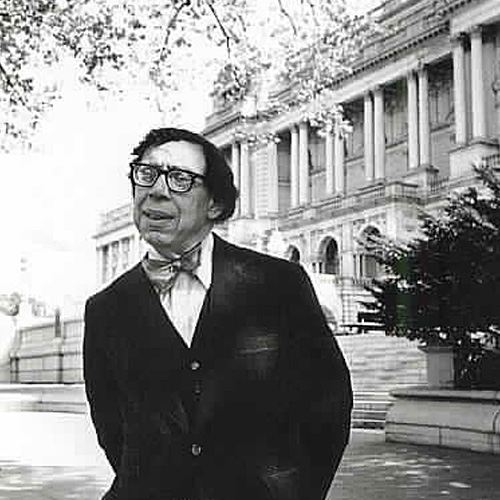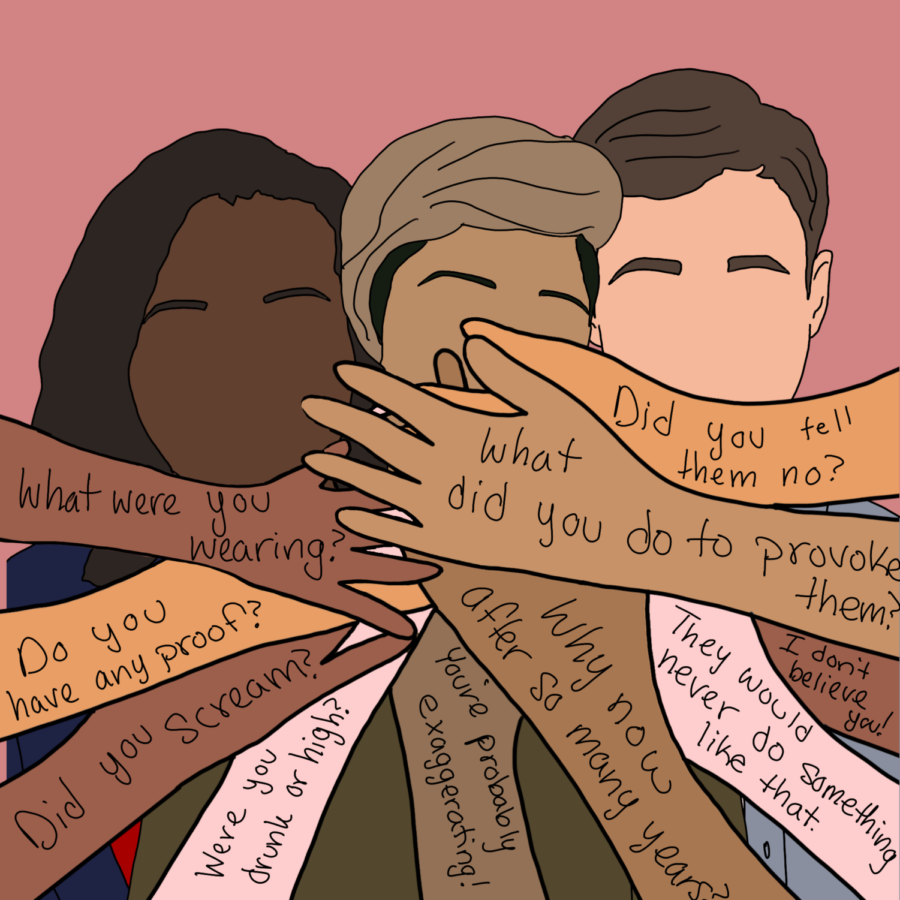(ThyBlackMan.com) Robert Hayden (1913-1980) was a pioneering African American poet, essayist, and educator whose work was marked by technical mastery, intellectual depth, and a profound exploration of African American history and culture. In a career spanning over five decades, Hayden established himself as one of the foremost voices of African American poetry, transcending racial barriers and creating a body of work that resonates with readers of all backgrounds. This article delves into the life, works, and legacy of Robert Hayden, and examines the indelible impact he made on American poetry and African American literature.
Early Life and Education
Robert Earl Hayden was born on August 4, 1913, in Detroit, Michigan. He was raised by foster parents, Sue Ellen Westerfield and William Hayden, after his biological parents separated before his birth. Hayden’s childhood was fraught with difficulties, including poverty and racial prejudice. Despite these obstacles, he developed a love for literature at a young age, particularly poetry.
Hayden attended Detroit City College (now Wayne State University) and later transferred to the University of Michigan, where he studied under the tutelage of renowned poet and critic W. H. Auden. Auden’s influence was instrumental in shaping Hayden’s poetic style and helped him refine his technical skills. Hayden earned his Bachelor’s and Master’s degrees in English from the University of Michigan in 1942 and 1944, respectively.

Literary Career
Hayden’s literary career began in the early 1940s, with the publication of his first book of poems, “Heart-Shape in the Dust” (1940). He continued to write and publish throughout the 1940s and 1950s, earning critical acclaim for his works, including “Figure of Time” (1955) and “A Ballad of Remembrance” (1962). Hayden’s poetry was characterized by a deep engagement with African American history and culture, as well as an exploration of universal themes such as love, loss, and the human condition.
In addition to his work as a poet, Hayden was a dedicated educator. He taught at Fisk University in Nashville, Tennessee, for over two decades before joining the faculty at the University of Michigan in 1969. As a professor, he mentored and inspired a generation of young poets, including several who went on to become prominent literary figures in their own right.
Major Works and Themes
Robert Hayden’s poetry is marked by a commitment to both the African American experience and the broader human condition. Some of his most celebrated works include:
- “Middle Passage” (1945) – This poem delves into the harrowing experiences of African slaves during the transatlantic journey to America. Employing historical accounts and vivid imagery, Hayden captures the suffering and resilience of enslaved people.
- “Those Winter Sundays” (1962) – In this widely anthologized poem, Hayden explores themes of familial love, sacrifice, and the often-unacknowledged efforts of parents to provide for their children.
- “A Letter from Phillis Wheatley” (1970) – This poem is written in the voice of Phillis Wheatley, a former slave and the first published African American poet. Through Wheatley’s perspective, Hayden examines the complexities of identity, freedom, and the struggle for self-expression in a society that denies one’s humanity.
- “Frederick Douglass” (1966) – In this tribute to the legendary abolitionist and writer, Hayden employs powerful imagery and evocative language to convey the lasting impact of Douglass’s life and work on the struggle for civil rights and equality.
- “The Whipping” (1962) – This poem addresses the cycle of violence and abuse, exploring the psychological scars left by physical punishment and the ways in which pain can be perpetuated from one generation to the next.
Personal Life and Struggles
Hayden’s life was marked by periods of personal struggle and emotional turmoil. He grappled with depression and self-doubt, often feeling isolated as a result of his status as an African American poet in a predominantly white literary world. Despite these challenges, Hayden remained committed to his work, using poetry as a means to explore and confront the complexities of his own identity and experiences.
Hayden’s Influence on American Poetry
Robert Hayden’s work had a profound impact on the landscape of American poetry. His technical prowess, coupled with his ability to engage with the African American experience and universal themes, set him apart from many of his contemporaries. In doing so, he opened doors for future generations of African American poets, helping to diversify the American literary canon and create new opportunities for writers of color.
Awards and Accolades
Throughout his career, Hayden received numerous awards and accolades for his work. Some of his most notable honors include:
- The Hopwood Award for Poetry (1942)
- The Grand Prix de la Poesie at the First World Festival of Negro Arts in Dakar, Senegal (1966)
- The Russell Loines Award for Distinguished Achievement in American Poetry (1967)
- The appointment as Consultant in Poetry to the Library of Congress, making him the first African American to hold this position, which was later renamed Poet Laureate (1976-1978)
Legacy and Impact on African American Literature
Robert Hayden’s legacy endures as a testament to the power of poetry to transcend racial and cultural barriers. His work continues to inspire and influence both African American and mainstream American literature, with many contemporary poets citing him as a major influence on their own writing. By challenging conventional notions of race and identity, Hayden created a space for future generations of African American poets to explore their own experiences and contribute to the rich tapestry of American poetry.
Conclusion
The life and works of Robert Hayden represent a vital chapter in the history of American poetry and African American literature. His profound exploration of African American history and culture, as well as his ability to engage with universal themes, has left an indelible mark on the literary landscape. As we celebrate and honor his contributions, we are reminded of the transformative power of art to illuminate our shared humanity and foster understanding between people of all backgrounds.
Staff Writer; Jamar Jackson
This brother has a passion for poetry and music. One may contact him at; JJackson@ThyBlackMan.com.

















Leave a Reply